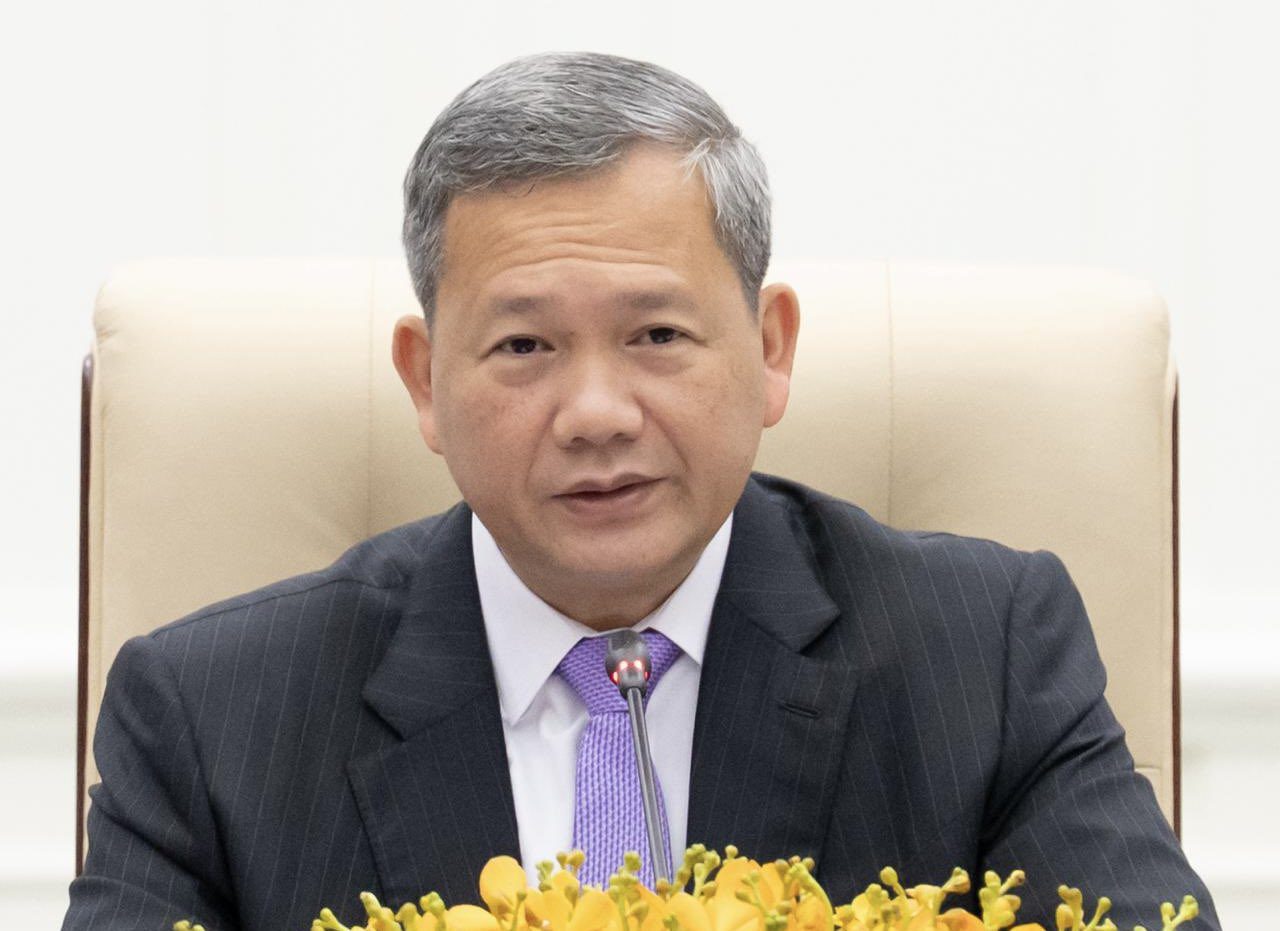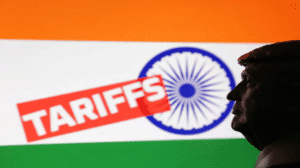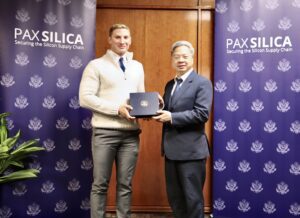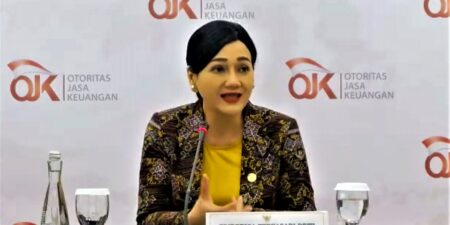
Cambodia Turns Border Tension Into Economic Opportunity

The BGA Cambodia team, led by Managing Director Bohe BGA Cambodia team, led by Managing Director Bora Chhay, wrote an update to clients on Cambodia’s efforts to build domestic industrial capacity, empower small and medium-sized enterprises (SMEs) and advance market diversification.
Context
- Cambodia’s recent experience amid border tensions with Thailand has prompted a broader trajectory of steady resilience and adaptive governance. The country hasturned external challenges into opportunities to build domestic industrial capacity, empowering small and medium-sized enterprises (SMEs) and advancing market diversification.This shift will reduce Cambodia’s decades-long dependency on Thailand’s imports, while maintaining investor confidence, promoting national self-reliance and ensuring stable growth momentum.
- Lingering tensions from a border skirmish with Thailand in July became a catalyst for Cambodia’s economic transformation, accelerating the shift from import dependency toward diversification, self-sufficiency and competitiveness. It has redefined the country’s economic trajectory. The government’s proactive response focuses on strengthening domestic production capacity, empowering SMEs and promoting competitive local substitutes for imported goods.
- The “Made in Cambodia” brand stands as both an economic strategy and a statement of national resilience, reflecting growing confidence in local production and export potential. This strategy will mitigate exposure to external disruptions, and the government hopes it will attract diversified investment and strengthen consumer confidence in homegrown products.
Significance
- Cambodia is pursuing domestic substitution and export diversification. Fighting along the border in July sparked a nationwide boycott of Thai goods. From supermarkets in Phnom Penh to provincial rural markets, consumers deliberately avoided Thai-made products. The boycott was both a form of economic resistance and self-reliance — a grassroots shift that redirected demand toward domestic industries and alternative imports.
- Cambodia’s SMEs are gaining market momentum, strengthening and expanding domestic production capacity. The boycott, coupled with the border disruption, has stimulated demand for Cambodian-made goods. In September, the Khmer Products Exhibition in Phnom Penh showcased more than 100 locally made products from 300 enterprises, drawing large crowds of visitors and buyers eager to support domestic brands. The event demonstrated Cambodia’s growing ability to rapidly adapt and meet domestic demand independently, even amid border tensions and trade disruption, while highlighting its readiness to expand into export markets. Sales of Cambodian-made goods have surged nationwide, replacing Thai goods on supermarket shelves and among wholesalers in Phnom Penh and in rural markets. Once unable to compete with imports, local enterprises are now thriving as consumer patriotism strengthens, public acceptance of Cambodian-made products rises and government support programs reinforce this momentum.
Implications
- Cambodia’s macroeconomic fundamentals remain strong despite global uncertainty, U.S. tariffs and ongoing border tensions. Total trade in the first nine months of this year reached $48 billion, up 16 percent year on year. Exports grew 15 percent to $23 billion and imports rose 16 percent to $25 billion, maintaining a $1.3 billion trade deficit that is consistent with the country’s investment-led growth model.
- Cambodia has strong foreign direct investment (FDI) momentum this year. Total FDI inflows in the first nine months reached $7.8 billion in fixed-asset investment, up 47 percent year on year from $5.3 billion. Investment inflows are driven by China (53 percent), followed by local investors (30 percent), Singapore (6.9 percent) and Vietnam (5.2 percent). Projects ranging from manufacturing, agro-industry, fertilizer, textiles and automotive assembly are creating thousands of jobs nationwide.
We will continue to keep you updated on developments in Cambodia as they occur. If you have any comments or questions, please contact BGA Cambodia Managing Director Bora Chhay at bchhay@bowergroupasia.com.
Best regards,
BGA Cambodia Team

Bora Chhay
Managing Director
Bora leads BGA’s practice in Cambodia. He is a highly regarded government affairs and public policy expert who helps clients resolve business issues, navigate regulatory and legal challenges, expand operations, explore new investment opportunities and enter Cambodia’s market. Prior to joining BGA, Bora served for five years as a fast-moving consumer goods (FMCG) corporate and regulatory affairs professional. In this role, he helped transform his company’s government relations and corporate affairs unit into a more effective business-driven group. Notwithstanding Cambodia’s difficult and highly regulated macro environment, Bora played a key role in developing and executing government relations and corporate affairs ... Read More
×
























